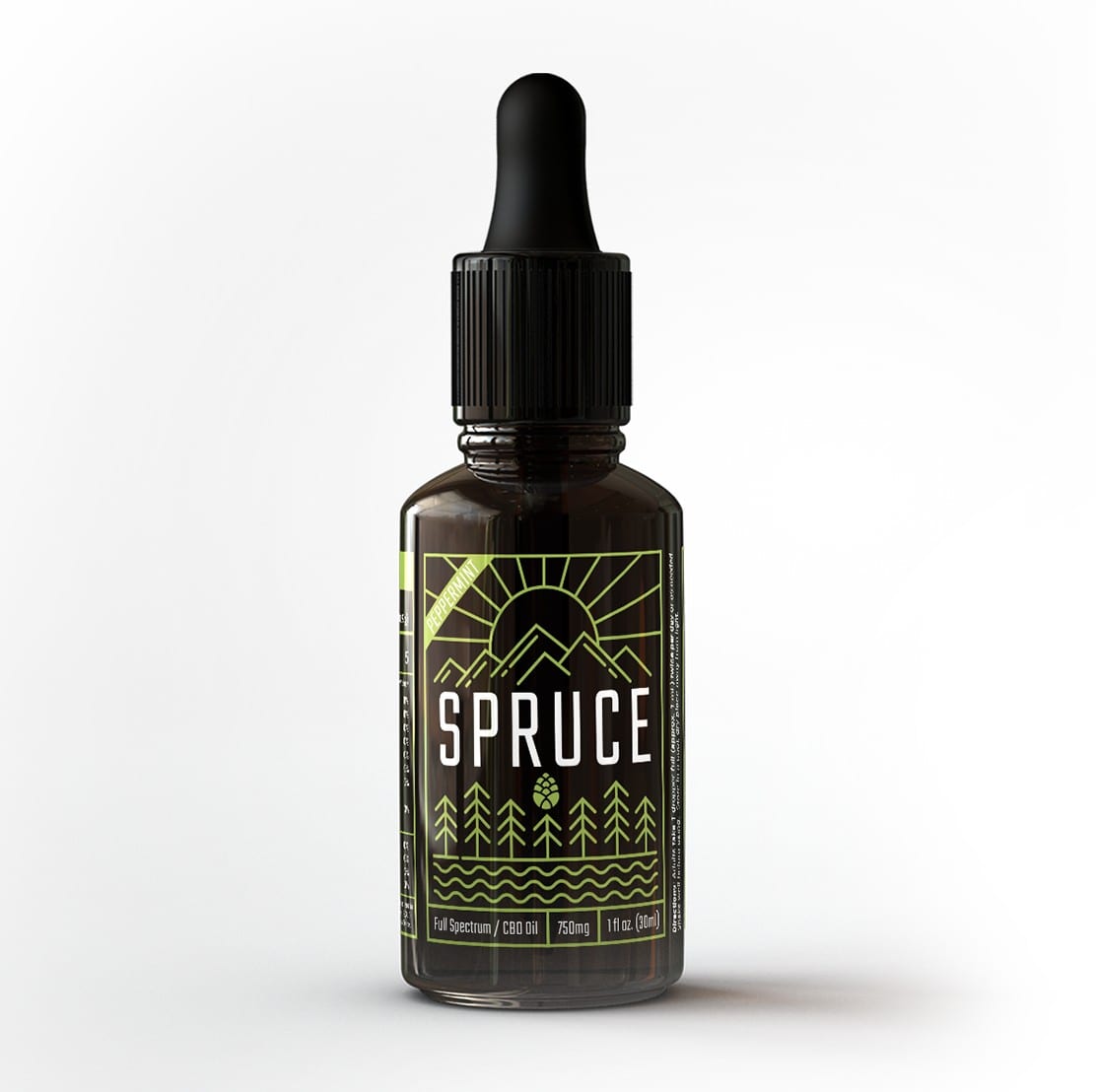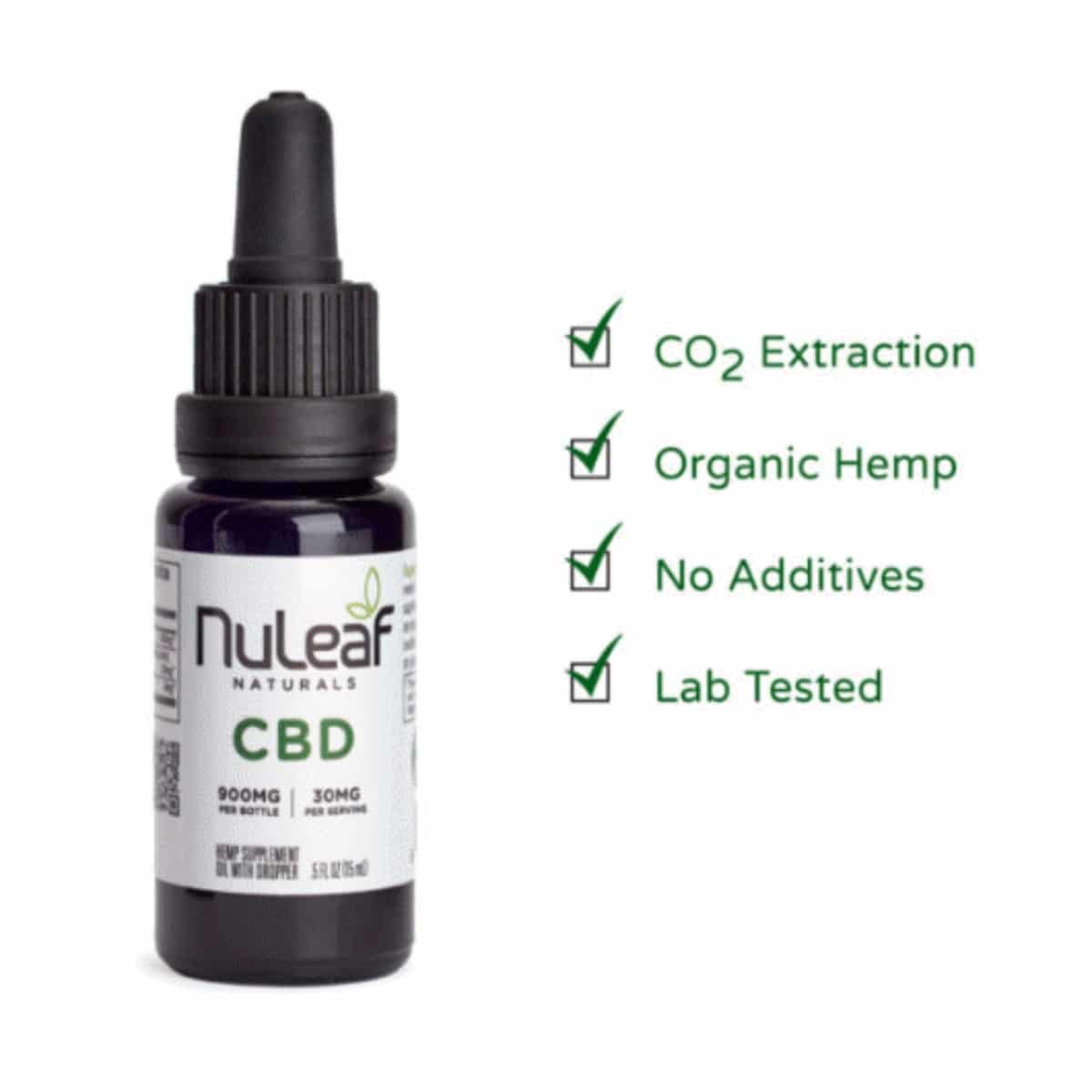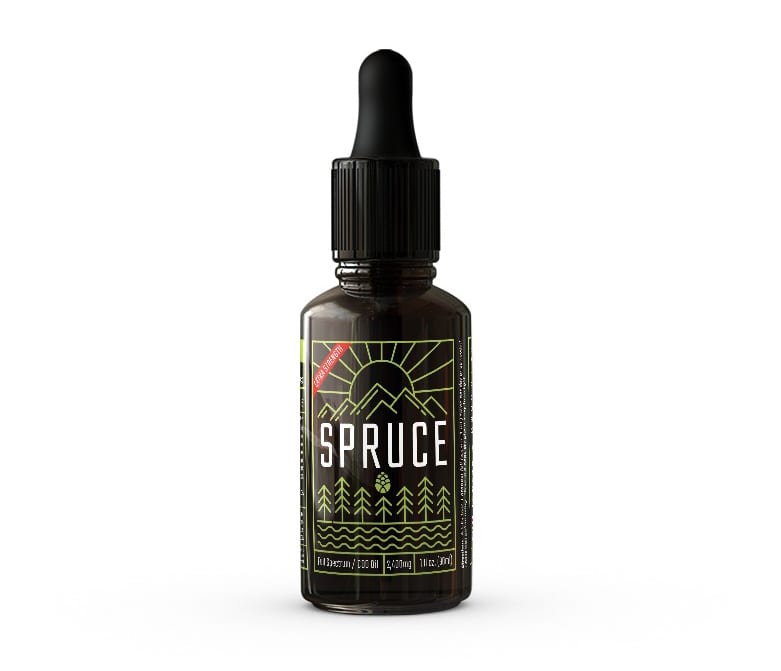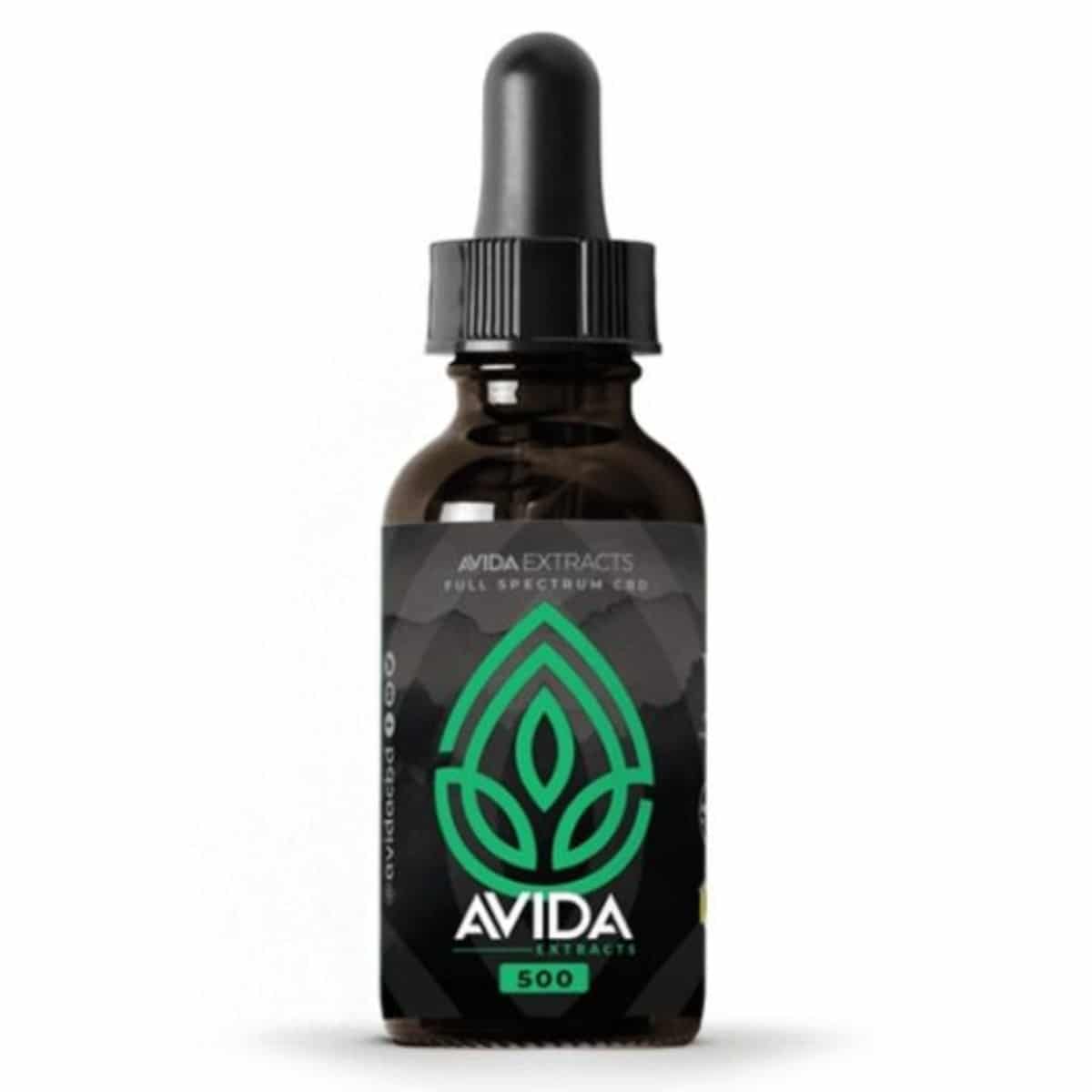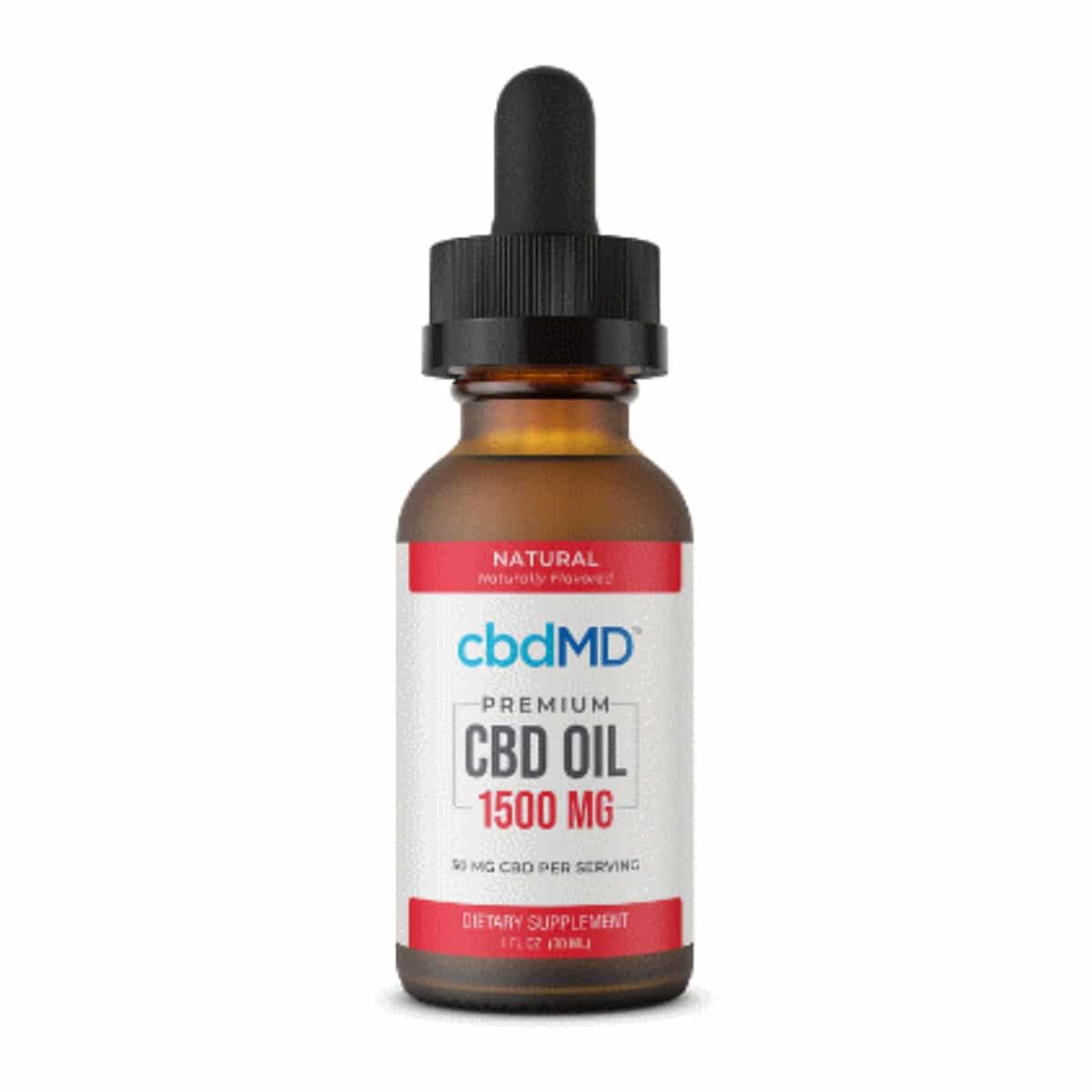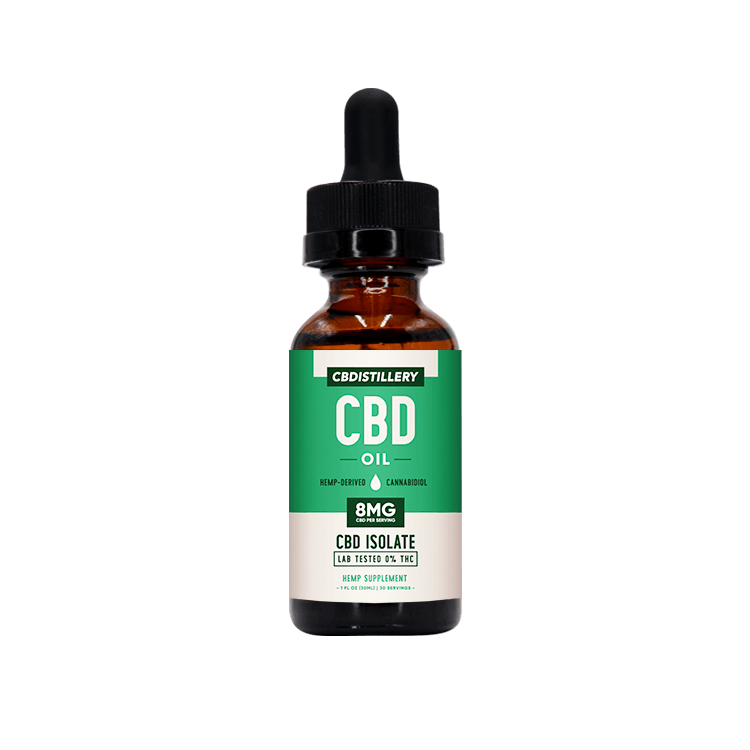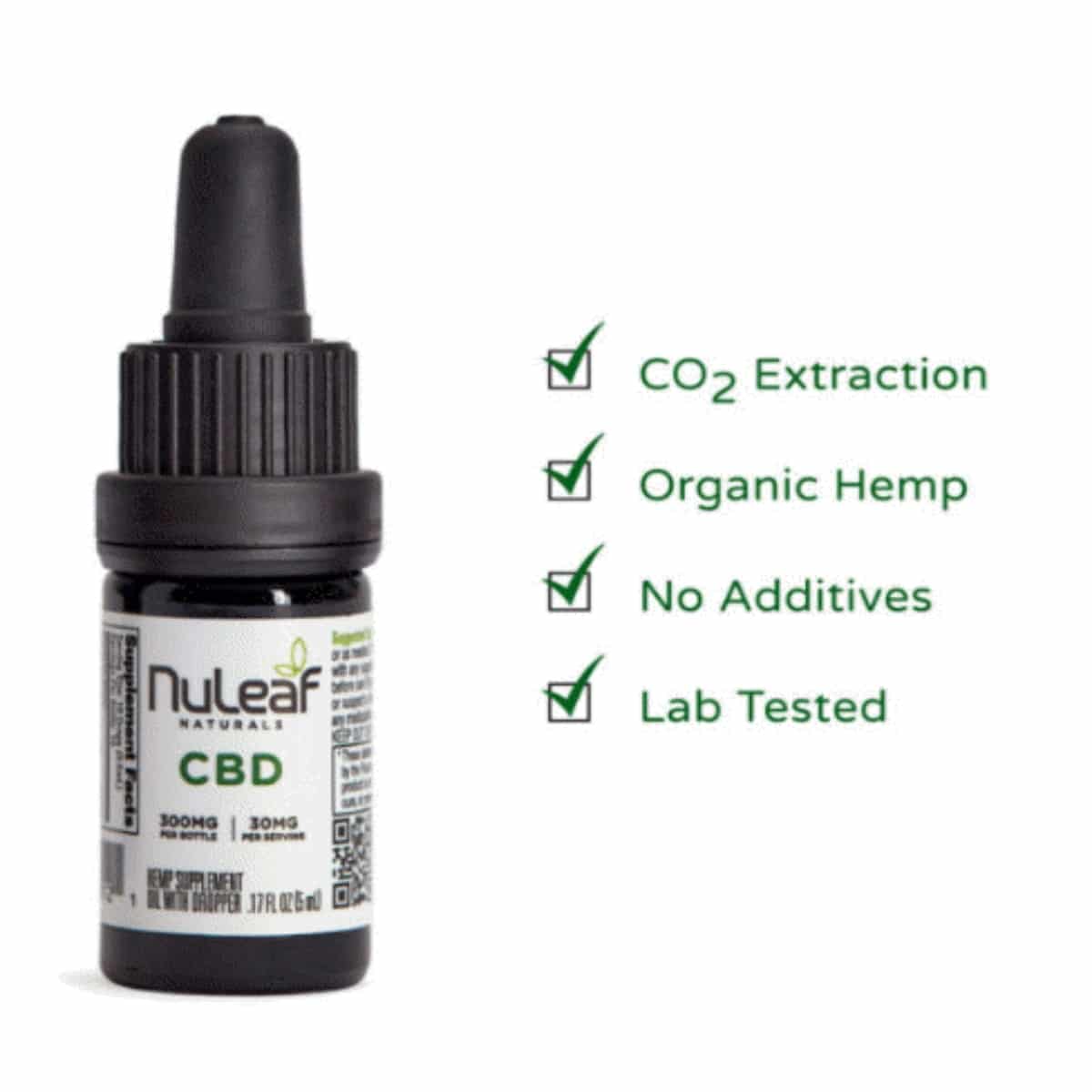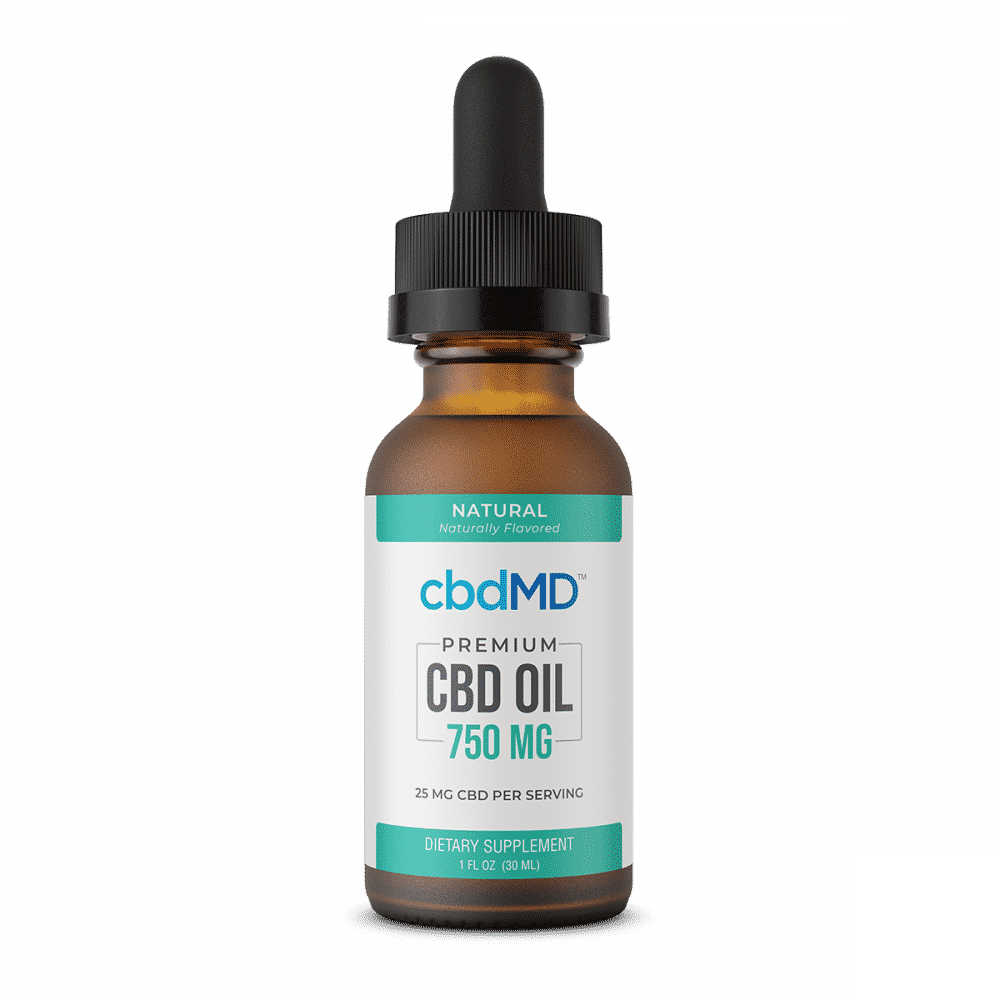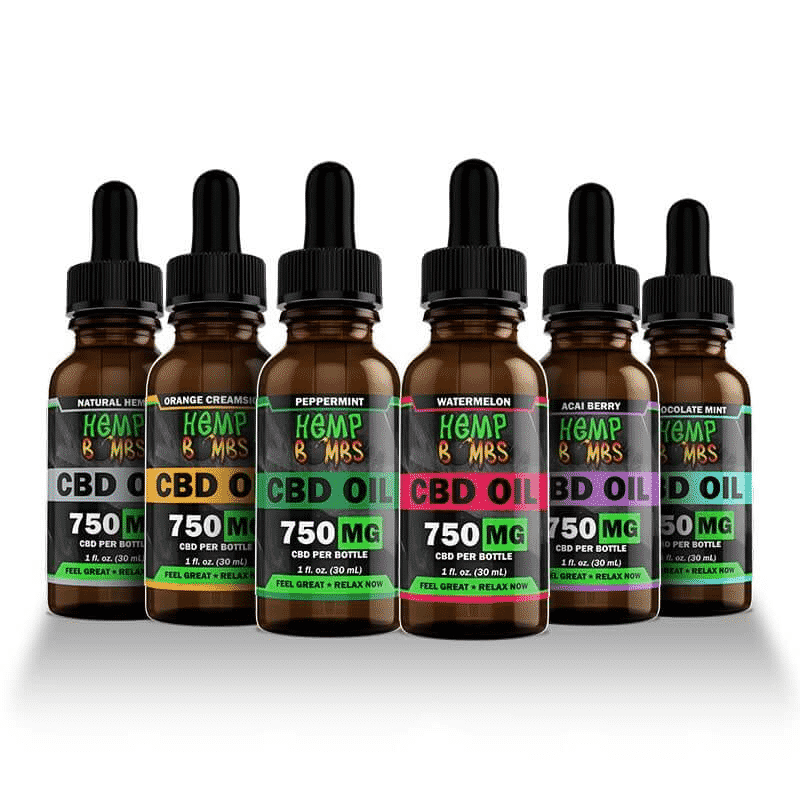Best CBD for Allergies
Are you considering trying cannabidiol (CBD) for your allergies? Here is an overview of the best CBD oils for allergies to help you decide which product to choose.
Best CBD for Allergies 2025
- Spruce 750mg Lab Grade CBD Oil Editor's Pick
- NuLeaf Naturals 900mg Full Spectrum Hemp CBD Oil Best Organic
- Spruce 2400mg Lab Grade CBD Oil Editor's Pick
- Avida Full Spectrum CBD Oil Tincture 500mg Best Seller
- cbdMD CBD Oil Tincture Natural 1500mg Best Natural Alternative
- CBDistillery THC Free CBD Oil Tinctures Best THC-Free
- cbdMD CBD Oil Tincture Natural 750mg Best Customer Rated
- NuLeaf Naturals 300mg Full Spectrum Hemp CBD Oil Best Starter
- Hemp Bombs 750mg CBD Oil Best Flavor Range
Compare the best CBD for Allergies in 2022
Best CBD for Allergies
1. Spruce 750mg Lab Grade CBD Oil
cbdc overall score
4.8
CBDC Evaluation Table/Score
| Pros | Cons |
|---|---|
|
Mid-strength |
No other flavors |
|
Natural peppermint flavor |
|
|
Made from 100% organic and natural ingredients |
Overview
Each bottle of the 750mg CBD oil tincture contains 25mg of CBD per dropper full. The oil is peppermint flavor to mask any unpleasant tastes related to CBD.
2. NuLeaf Naturals 900mg Full Spectrum Hemp CBD Oil
cbdc overall score
5.0
CBDC Evaluation Table/Score
| Pros | Cons |
|---|---|
|
Pure CBD hemp |
No other flavors |
|
All natural |
|
|
Approximately 300 drops total |
Overview
Natural remedy for various illnesses. NuLeaf Naturals’ CBD oil is a whole-plant extract containing a full spectrum of naturally occurring synergistic cannabinoids and terpenes.
3. Spruce 2400mg Lab Grade CBD Oil
cbdc overall score
5.0
CBDC Evaluation Table/Score
| Pros | Cons |
|---|---|
|
Extra Strength |
Tastes bitter |
|
No artificial flavoring or colors |
No THC-free option |
|
Made from 100% organic and natural ingredients |
Overview
The largest bottle of CBD oil that Spruce offers contains 2,400mg of CBD. This is full-spectrum CBD oil, which is the maximum possible potency. Each high potency dropper full contains 80mg of CBD. There are no flavorings in it, which allows for the most CBD to fit in the 30ml bottle.
4. Avida Full Spectrum CBD Oil Tincture 500mg
cbdc overall score
4.6
CBDC Evaluation Table/Score
| Pros | Cons |
|---|---|
|
Light Spearmint flavor |
No other flavor |
|
Non-THC, Non-detected in drug test |
Overview
Avida Extracts Full Spectrum CBD oil is the latest iteration of the brand’s advanced Avida CORE Spectrum technology. They use a proprietary full spectrum blend, resulting in the highest naturally occurring Phyto-cannabinoids and Terpenes with THC (<0.3) to support your health.
5. cbdMD CBD Oil Tincture Natural 1500mg
cbdc overall score
4.7
CBDC Evaluation Table/Score
| Pros | Cons |
|---|---|
|
Various delicious flavors to choose from |
cbdMD uses MCT as its carrier oil so individuals who are allergic with coconuts should consider other brand options |
|
Has vegan, organic, and gluten-free ingredients |
|
|
Free shipping for this particular product within USA |
|
|
World-class customer service team |
Overview
cbdMD’s CBD oil tinctures are made using only CBD sourced from medical hemp and MCT oil as a carrier oil. Tinctures are offered in orange, mint, natural, and berry flavors. Safe for daily use, the oil tinctures are packaged with a built-in rubber dropper to adjust CBD dosage easily. The packaging is made to be easy to transport and discreet to use.
6. CBDistillery THC Free CBD Oil Tinctures
cbdc overall score
4.4
CBDC Evaluation Table/Score
| Pros | Cons |
|---|---|
|
60-Day Satisfaction Guarantee |
Dropper is a bit shaky |
|
Various strengths |
|
|
Oil extracted from aerial plant parts of US grown industrial hemp |
|
|
Sourced from non-GMO industrial hemp grown in the USA through natural farming practices |
Overview
CBDistillery’s Isolate CBD Oil Tinctures harness the power of pure CBD. CBD Isolate Oil Tinctures include 0.0% THC. When you use CBDistillery CBD Isolate Oil Tinctures, you can be assured you’re using the highest quality CBD on the market.
7. NuLeaf Naturals 300mg Full Spectrum Hemp CBD Oil
cbdc overall score
4.6
CBDC Evaluation Table/Score
| Pros | Cons |
|---|---|
|
Pure CBD hemp |
No other flavors |
|
All natural |
A bit pricey compared to competitors |
|
Approximately 100 drops total |
Overview
This is one of several concentrations from NuLeaf Naturals. As the lowest concentration, it is the company’s best option for those new to CBD oil. The product is lab-tested and fully organic. It is full-spectrum, so it contains THC in small quantities.
8. cbdMD CBD Oil Tincture Natural 750mg
cbdc overall score
4.4
CBDC Evaluation Table/Score
| Pros | Cons |
|---|---|
|
Vegan and Gluten free |
Does not ship internationally |
|
Has a third-party lab test |
|
|
Wide variety of CBD strengths and sizes |
Overview
A 750mg bottle of cbdMD’s Broad Spectrum Oil Tincture does not contain THC. It also has a fairly wide flavor range which is perfect for those who prefer other taste. Vegan consumers are considered since cbdMD offers Vegan products. Aside from all of that, another reason why people love cbdMD is because it’s free from harmful chemicals.
9. Hemp Bombs 750mg CBD Oil
cbdc overall score
3.9
CBDC Evaluation Table/Score
| Pros | Cons |
|---|---|
|
Wide variety of flavors |
Incomplete information about the product |
|
Lab test results are complete |
Does not ship to all international countries |
|
30-day money-back guarantee |
Overview
Hemp Bombs offer CBD Oil Tinctures that come in a 30ml bottle containing 750mg of CBD. They provide a wide range of flavors perfect for those that have a knack for sweets. Consumers can safely intake this because it’s free of chemicals and pesticides. Hemp Bombs also offer a 20% off on products upon subscription.
How CBD Helps With Allergies
Cannabidiol (CBD) is one of the active substances in cannabis. While CBD is a crucial component of medical marijuana, it comes from a hemp plant or is manufactured in a laboratory(1).
CBD is a phytocannabinoid (plant-based cannabinoid) with anti-inflammatory properties that may help alleviate allergy symptoms(2).
Researchers suggest that cannabidiol may help with allergies by influencing the body’s immune system response and interacting with the endocannabinoid system (ECS)(3).
A 2016 study published online in Annals of Dermatology showed that CBD may help reduce the amount of histamine produced in an allergic reaction(4).
CBD works on one of the pathways of the ECS that produces histamine, which is released following mast cell activation. The reaction happens when mast cells release a disproportionate amount of chemicals in your body, causing allergy symptoms(5).
Allergies appear when your immune system responds to a foreign substance, such as pet dander, bee venom, pollen, hives, or food products that do not cause a reaction in people(6).
Your immune system brings out antibodies that identify a specific allergen as harmful, even though it is not. Its reaction to an allergen can inflame your skin, airways, sinuses, or digestive system(7).
Most allergy sufferers may use antihistamines and other over-the-counter allergy medications when experiencing seasonal allergies. However, some people may also use CBD as an alternative to these traditional treatments.
During the 39th meeting of the WHO’s Expert Committee on Drug Dependence, the assembly indicated that CBD may not have abuse or dependence potential in humans(8).
A 2014 animal study on α-Pinene used a rat model of allergic rhinitis(9). Alpha-pinene, less dense than water(10), is a terpene commonly found in full-spectrum CBD oil.
The experiment showed that a terpene found in cannabis suggested that mice pre-treated with α-Pinene had fewer allergy symptoms(11). Terpenes are compounds that form the principal constituent of essential oils from plants(12).
Another animal study from the European Journal of Pharmacology observed the effects of CBD on allergic asthma. The researchers stated that the rats that received CBD treatment had reduced symptoms of airway inflammation(13).
In 2018, research published in the Journal of Pharmacology and Experimental Therapeutics suggested CBD’s possible benefit on contact dermatitis due to the compound’s anti-inflammatory effects(14).
However, more human studies are necessary to support cannabidiol’s benefits on allergies.
Benefits of Using CBD for Allergies
A study published in Biochemical Journal in 2005 noted that CBD has immunosuppressive and anti-inflammatory properties, acting like a natural antihistamine(15).
CBD for Inflammation
Inflammation is a common allergy symptom. Mild allergic reactions can often be treated with over-the-counter (OTC) medications at home. Severe allergic reactions require emergency medical care.
CBD, a non-psychoactive compound from cannabis, exerts numerous beneficial pharmacological effects, including antioxidant and anti-inflammatory properties(16).
The researchers of a 2020 study posted on the Antioxidant (Basel) extensively examined the pharmacology and chemistry of CBD. They looked at its molecular targets, including cannabinoid receptors and other endocannabinoid system components with which it interacts(17).
In the study, the authors reviewed the main biological effects of CBD. They examined its synthetic derivatives, focusing on the anti-inflammatory, antioxidant, and cellular properties of CBD(18).
The researchers also looked at a peer-review published in Molecules that analyzed the molecular aspects of tetrahydrocannabinol (THC) and cannabidiol (CBD) as antioxidants.
Results showed that THC has a significantly higher antioxidant potential than CBD(19).
Still, an analysis of CBD antioxidant activity indicated that it may help regulate the oxidation-reduction status (redox) state. Cannabidiol may affect the redox balance by modifying the activity of antioxidants and oxidants(20).
Oxidative modification is essential in regulating pathological conditions characterized by inflammation and redox imbalances, such as inflammatory diseases, cancer, and neurodegenerative illnesses(21).
An imbalance between antioxidants and oxidants results in oxidative stress due to a disproportion of antioxidants and free radicals in the body(22).
According to the researchers, CBD may interrupt free radical chain reactions, capture free radicals, or transform them into less active forms(23).
Due to CBD’s potential to modify redox imbalance, many research results considered the possibility of using CBD to treat different illnesses, such as diabetes, cancer, and epilepsy(24).
However, these results came from animal studies. More research is needed to verify if chemical compounds like CBD produce the same effect in humans.
CBD for the Immune System
Allergies are your immune system’s response to a substance. Your immune responses can be mild, such as coughing, sneezing, having a runny nose, or experiencing watery eyes(25).
A March 2020 review supported the concept that CBD is immune-suppressive and anti-inflammatory(26). However, these observations also demonstrated the critical need to continue research on this chemical compound.
Other Potential Benefits of CBD
CBD for Chronic Pain
Allergic reactions may cause inflammation, which may result in joint and muscle aches.
A 2015 study suggested that CBD may help increase the levels of anandamide in the body, a compound that has been associated with reducing pain perception(27). However, further studies are needed to substantiate these findings.
CBD for Anxiety
Anxiety disorders may be linked to allergies, according to a study published in the Journal of Personalized Medicine(28).
Meanwhile, CBD has been shown to help reduce anxiety behaviors relevant to numerous disorders, such as post-traumatic stress disorder (PTSD) and seasonal affective disorder (SAD)(29).
Anxiety may also cause temporary spikes in blood pressure(30).
How Long Does CBD Take to Help With Allergies?
Inhaling CBD using vape pens is the fastest way to benefit from the effects of CBD(31). However, vaping may irritate the lungs(32).
Meanwhile, the second quickest method to absorb CBD is through sublingual administration. Taking CBD under the tongue ensures prompt delivery of the compound into the system(33).
Droppers are used to dispense CBD oil straight into your mouth. It often takes about 15 to 30 minutes for CBD to take effect(34).
On the other hand, CBD edibles may take longer to work, with some users feeling its effects 30 minutes or more after intake(35).
If you want to try CBD edibles, they are available in capsules, gummies, and other CBD-infused food, such as baked goods and chocolates.
You may also consider topical CBD products like lotions for skin health. However, the effect of CBD in topicals may take a while.
CBD balms usually contain extracts mixed into fat, such as beeswax or coconut oil. Topicals are not absorbed into the whole body compared to other forms(36).
However, that could make them safer, considering how little is known about the long-term safety of CBD(37).
Recommended CBD Dosage for Allergies
CBD is not yet approved by the U.S. Food and Drug Administration (FDA) as a medication. Therefore, there are no official dosage guidelines and established recommendations for CBD. The general rule is to start with a low dosage and potency.
If you want to try CBD products like CBD oil for allergies, it is highly advisable to speak with a doctor experienced in cannabis use for advice on CBD dosing.
Usage Guide When Taking CBD for Allergies
Choosing high-quality CBD products may help ensure overall wellness and optimal effectiveness. When selecting the best CBD oil for your allergies, here are some things you need to consider:
- Always check the ingredient list of the CBD product. If possible, choose non-genetically modified (non-GMO) ingredients or go for organic types.
- Support brands that are transparent about their farming practices. Check if their website includes information about testing methods and CBD extraction.
- Ensure that your CBD products come with lab test results from third-party laboratories and certificates of analysis (COAs).
Note that CBD products must be tested to determine their potency and the presence of harmful contaminants, such as residual solvents and pesticides.
How Long Will CBD Help With Allergies?
Different ingestion methods have varying rates of bioavailability or the extent a substance becomes available to its intended biological destination(38).
You may feel the effect of topical CBD products like lotions, creams, and balms for two to four hours(39).
A study published in Frontiers in Pharmacology examined the discrepancy in CBD’s absorption, metabolism, and absorption into the body(40). Understanding CBD bioavailability and the half-life is crucial to future research.
Half-life is the time needed for half of the quantity of a substance to undergo a process.
The benefits of using transdermal CBD gel and topical creams have been promising in animal studies. However, more data from different formulations are necessary(41).
Risks and Side Effects of Using CBD for Allergies
Studies have shown that cannabidiol (CBD) is generally safe to consume(42). However, further research is vital to determine its effects on the entire body over long-term consumption.
Some common side effects of CBD include(43):
- Lethargy or drowsiness
- Irritability or mood changes
- Weight loss or lower appetite
- Diarrhea
In addition, it may be unsafe to take CBD if you are expecting or are nursing. CBD products have ingredients that may be harmful to the fetus or infant. Pregnant and nursing women are strongly advised to stay on the safe side and avoid use(44).
A 2018 small-scale study reported that people are more likely to have a cannabis allergy if they already have allergies to cat dander, dust mites, molds, or plants(45). However, more studies are needed to establish this possible link.
Legality of CBD
The 2018 Farm Bill legalized the usage of industrial hemp and products derived from hemp plants on a federal level in the U.S(46).
The bill stated that Cannabis sativa plants with less than 0.3% THC are considered industrial hemp and federally legal in the United States(47).
Any cannabis plant with THC levels exceeding 0.3% federal limit is classified under marijuana plants, which are still illegal in most U.S. states(48).
It is recommended that you read individual state laws about CBD, especially when traveling, to avoid legal consequences. Different states may impose different statutes and regulations regarding the use of CBD products.
For instance, Colorado legalized the consumption of medical cannabis in 2000. Then, the state expanded the law in 2012 to permit the legal adult use of recreational marijuana(49).
Colorado consumers can now choose to take either THC-free CBD oil or marijuana-derived oil for a medical condition(50).
Product Frequently
Asked Questions
-
How can CBD help with allergies?
CBD is a plant-based cannabinoid that has anti-inflammatory properties that may help alleviate allergy symptoms(51).
Ensure to talk with your doctor before using CBD products like full-spectrum CBD oil or CBD isolate for your allergy symptoms.
-
What evidence or research exists to say that CBD helps with allergies?
A 2018 study suggested that CBD’s anti-inflammatory properties may alleviate symptoms of contact dermatitis(52).
Research from the European Journal of Pharmacology also examined the effects of cannabidiol on allergic asthma. The researchers observed that the mouse that received CBD treatment had lesser symptoms of airway inflammation(53).
Although numerous studies about CBD’s possible benefit on allergies were conducted, more research is recommended to prove its efficacy in humans.
-
Are there any studies or evidence that CBD can make allergies worse?
Studies on the efficacy of CBD are still limited. Individuals can have allergic reactions to Cannabis sativa plants and extracts(54), worsening pre-existing allergies.
-
Will CBD interact with any current medication I may be taking for allergies?
Allergy sufferers taking prescription allergy medications or OTC products may experience adverse drug interactions(55).
If you like to try CBD products for your allergies, be cautious about combining CBD with(56):
- Caffeine – CBD may reduce how quickly your body breaks down this substance, resulting in an increased level of caffeine.
- Lithium – Taking higher doses of CBD may heighten lithium levels, increasing your risk of lithium toxicity.
- Sedative medications or CNS (central nervous system) depressants – CBD may slow down breathing and cause sleepiness.
-
Are there other treatments I should consider alongside CBD to help with allergies?
You may take vitamin D to promote allergen tolerance. Taking vitamin D may also lower the risk of food allergies, especially among children(57).
Numerous studies have highlighted CBD’s health benefits. However, it is still best to talk to your physician to avoid a potential reaction, especially if you plan to take CBD with any supplements and prescription drugs.
-
Can I fail a drug test if I use CBD for allergies?
CBD is a non-intoxicating and non-psychoactive drug. However, frequent intake and high doses of CBD products may result in a positive drug test.
-
What is the CBD dosage for allergies?
The rule of thumb when trying CBD is to go slow and start low. You may begin with a low CBD dosage or potency. You may gradually increase both until you get the effect you want.
The WHO reported that dosages in most clinical research studies usually range between 100mg to 800mg of cannabidiol daily(58). This may benefit those people with inflammation and chronic pain.
However, consulting a physician expert in cannabis use is still recommended for accuracy.
-
How do I use CBD for allergies?
You may use CBD oil and tinctures. You may also ingest, vape, or take them sublingually.
- Cannabidiol (CBD)-what we know and what we don’t
https://www.health.harvard.edu/blog/cannabidiol-cbd-what-we-know-and-what-we-dont-2018082414476 - Antioxidative and Anti-Inflammatory Properties of Cannabidiol
https://www.ncbi.nlm.nih.gov/pmc/articles/PMC7023045/ - Immune Responses Regulated by Cannabidiol
https://www.ncbi.nlm.nih.gov/pmc/articles/PMC7173676/ - Selective Cannabinoid Receptor-1 Agonists Regulate Mast Cell Activation in an Oxazolone-Induced Atopic Dermatitis Model
https://anndermatol.org/DOIx.php?id=10.5021/ad.2016.28.1.22 - Ibid.
- Allergies
https://www.mayoclinic.org/diseases-conditions/allergies/symptoms-causes/syc-20351497 - Ibid.
- CANNABIDIOL (CBD)Pre-Review ReportAgenda Item 5.2
https://www.who.int/medicines/access/controlled-substances/5.2_CBD.pdf - The therapeutic efficacy of α-pinene in an experimental mouse model of allergic rhinitis
https://pubmed.ncbi.nlm.nih.gov/25242385/ - alpha-Pinene
https://pubchem.ncbi.nlm.nih.gov/compound/alpha-Pinene - The therapeutic efficacy of α-pinene in an experimental mouse model of allergic rhinitis
https://pubmed.ncbi.nlm.nih.gov/25242385/ - Therapeutic and Medicinal Uses of Terpenes
https://www.ncbi.nlm.nih.gov/pmc/articles/PMC7120914/ - Cannabidiol reduces airway inflammation and fibrosis in experimental allergic asthma
https://pubmed.ncbi.nlm.nih.gov/30481497/ - Anti-inflammatory Properties of Cannabidiol, a Nonpsychotropic Cannabinoid, in Experimental Allergic Contact Dermatitis
https://pubmed.ncbi.nlm.nih.gov/29632236/ - Anti-inflammatory potential of CB1-mediated cAMP elevation in mast cells
https://www.ncbi.nlm.nih.gov/pmc/articles/PMC1138953/ - Antioxidative and Anti-Inflammatory Properties of Cannabidiol
https://www.ncbi.nlm.nih.gov/pmc/articles/PMC7023045/#B6-antioxidants-09-00021 - Ibid.
- Ibid.
- Understanding the molecular aspects of tetrahydrocannabinol and cannabidiol as antioxidants
https://pubmed.ncbi.nlm.nih.gov/24129275/ - Antioxidative and Anti-Inflammatory Properties of Cannabidiol
https://www.ncbi.nlm.nih.gov/pmc/articles/PMC7023045/#B6-antioxidants-09-00021 - Harms and Benefits for Human Health
https://www.ncbi.nlm.nih.gov/pmc/articles/PMC5551541/ - Antioxidative and Anti-Inflammatory Properties of Cannabidiol
https://www.ncbi.nlm.nih.gov/pmc/articles/PMC7023045/#B6-antioxidants-09-00021 - Ibid.
- Ibid.
- Allergies and the Immune System
https://www.hopkinsmedicine.org/health/conditions-and-diseases/allergies-and-the-immune-system - Immune Responses Regulated by Cannabidiol
https://www.ncbi.nlm.nih.gov/pmc/articles/PMC7173676/ - Cannabinoids and Epilepsy
https://www.ncbi.nlm.nih.gov/pmc/articles/PMC4604191/ - Links Between Anxiety and Allergies: Psychobiological Reality or Possible Methodological Bias?
https://www.ncbi.nlm.nih.gov/pmc/articles/PMC3752790/ - Cannabidiol as a Potential Treatment for Anxiety Disorders
https://www.ncbi.nlm.nih.gov/pmc/articles/PMC4604171/ - Anxiety: A cause of high blood pressure?
https://www.mayoclinic.org/diseases-conditions/high-blood-pressure/expert-answers/anxiety/faq-20058549 - How to Safely Use CBD: Should You Inhale, Spray, Apply, or Eat It?
https://www.consumerreports.org/cbd/how-to-use-cbd-inhale-spray-apply-eat/ - Is It Safe to Vape CBD?
https://www.consumerreports.org/cbd/is-it-safe-to-vape-cbd/ - Fast Dissolving Sublingual Films of Ondansetron Hydrochloride: Effect of Additives on in vitro Drug Release and Mucosal Permeation
https://www.ncbi.nlm.nih.gov/pmc/articles/PMC2964757/ - How to Safely Use CBD: Should You Inhale, Spray, Apply, or Eat It?
https://www.consumerreports.org/cbd/how-to-use-cbd-inhale-spray-apply-eat/ - Ibid.
- Ibid.
- Ibid.
- Drug Bioavailability
https://www.ncbi.nlm.nih.gov/books/NBK557852/ - Healing with CBD
https://drive.google.com/file/d/1AGlxnhS2SoFeOXEuysv75bd_C9pEnwsU/view - A Systematic Review on the Pharmacokinetics of Cannabidiol in Humans
https://www.ncbi.nlm.nih.gov/pmc/articles/PMC6275223/ - Ibid.
- Safety and Side Effects of Cannabidiol, a Cannabis sativa Constituent
https://pubmed.ncbi.nlm.nih.gov/22129319/ - What You Need to Know (And What We’re Working to Find Out) About Products Containing Cannabis or Cannabis-derived Compounds, Including CBD
https://www.fda.gov/consumers/consumer-updates/what-you-need-know-and-what-were-working-find-out-about-products-containing-cannabis-or-cannabis - Cannabidiol (CBD)
https://medlineplus.gov/druginfo/natural/1439.html - Marijuana use is associated with hypersensitivity to multiple allergens in US adults
https://pubmed.ncbi.nlm.nih.gov/29172121/ - H.R.2 – Agriculture Improvement Act of 2018
https://www.congress.gov/bill/115th-congress/house-bill/2/text - Ibid.
- Ibid.
- Legal Marijuana Use in Colorado
https://cannabis.colorado.gov/legal-marijuana-use-in-colorado - Ibid.
- Antioxidative and Anti-Inflammatory Properties of Cannabidiol
https://www.ncbi.nlm.nih.gov/pmc/articles/PMC7023045/ - Anti-inflammatory Properties of Cannabidiol, a Nonpsychotropic Cannabinoid, in Experimental Allergic Contact Dermatitis
https://pubmed.ncbi.nlm.nih.gov/29632236/ - Cannabidiol reduces airway inflammation and fibrosis in experimental allergic asthma
https://pubmed.ncbi.nlm.nih.gov/30481497/ - Characterization of Cannabis sativa allergens
https://www.annallergy.org/article/S1081-1206(13)00285-8/fulltext - Cannabidiol (CBD)
https://medlineplus.gov/druginfo/natural/1439.html - Ibid.
- Vitamin D and the development of allergic disease: how important is it?
https://www.ncbi.nlm.nih.gov/pmc/articles/PMC4369152/ - Cannabidiol (CBD)
https://www.who.int/medicines/access/controlled-substances/5.2_CBD.pdf

